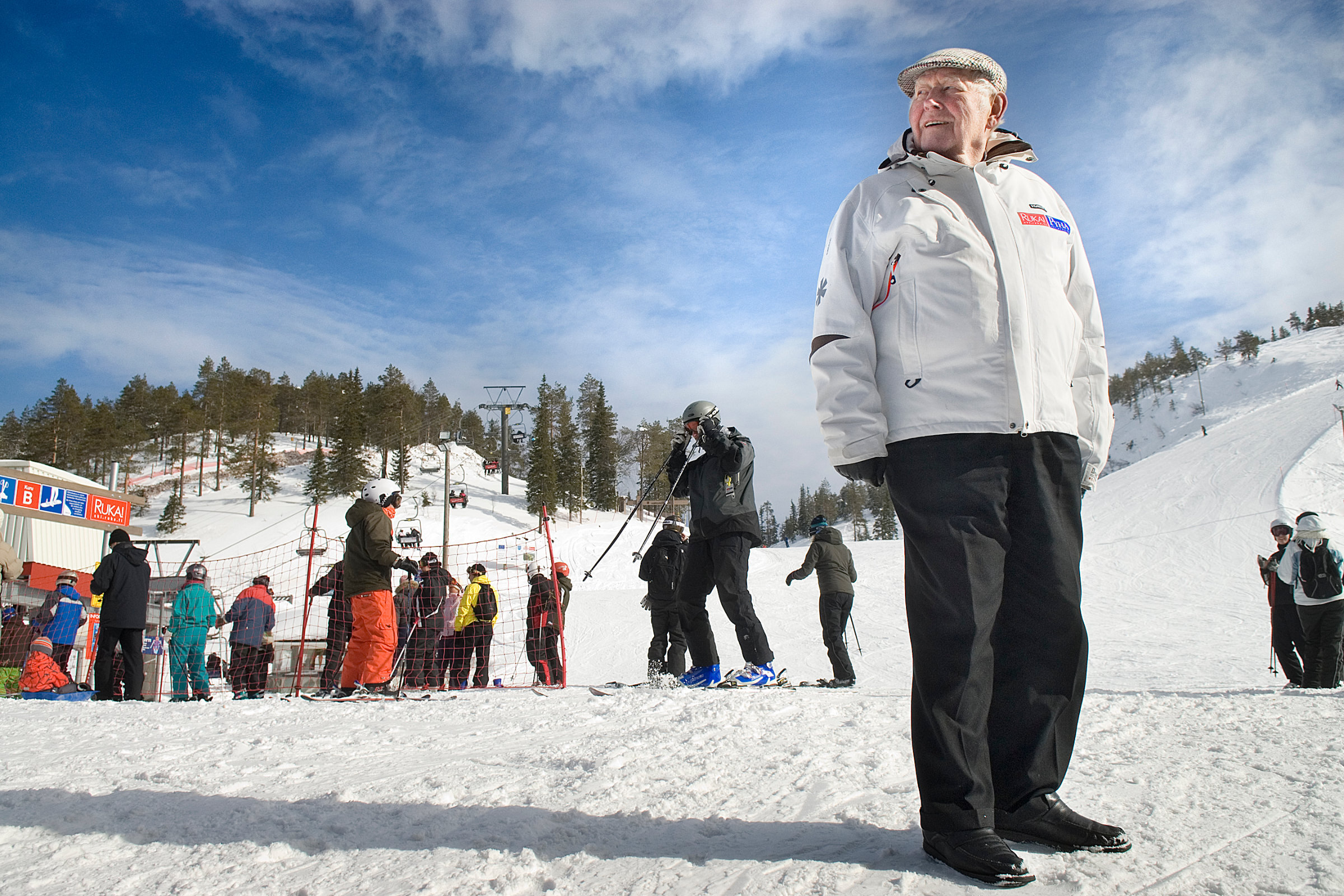“Nothing will save a successful company” and five other guidelines from the Aho siblings’ way of doing business
Siblings Miia Porkkala, Annakaija Lappalainen, Antti Aho, Kari Jussi Aho and Ville Aho have successfully continued the companies their father Juhani Ahon started.
The owner siblings of Aho Group received the Family Enterprise 2019 award in the EY Entrepreneur of the Year competition. The jury emphasised the real family stories behind the companies with each family member working hard for the success of the company with a strong belief in their own strengths and not afraid to take risks and make investments. The Aho Group Chairman of the Board Miia Porkkala writes about the thoughts and attitudes behind their shared work.
At the turn of the millennium, our father Jussi handed us the keys to the businesses he started: Lääkärikeskus Aava, Ruka and Pyhä. He and our mother Eila both hoped that we would continue to steer the businesses forward together towards further success. We have fulfilled that wish: the companies have succeeded, they are still jointly owned by us and we have maintained good relationships which should be practically impossible.
Out of the five of us, my sister Annakaija and brother Antti have been more focused on Lääkärikeskus Aava, Pikkujätti, Uudenmaan Seniorikodit and Docrates Cancer Center. My brothers Kari Jussi, Ville and myself have made our careers mainly around Ruka and Pyhä. We are all equally interested and attached to all of the businesses.
It may be hard to believe now, but at the time of our succession process, the companies were nearly worthless. A recession and two successive devaluations had raised the foreign currency loans the companies had taken out to astronomical figures. Back then, the turnover was EUR 29 million and the loans amounted to EUR 40 million. It is a miracle that we were not declared bankrupt back then.
These days, the combined turnover of the companies is EUR 125 million and we only have a EUR 10 million loan. We employ over 1,000 professionals in the travel and health care industries and over 600 practising doctors. Plenty of luck was involved, of course, but we have also done a lot of hard work and at times made difficult decisions. What are the principles that have guided our work?
The Aho Group health business started from a single private doctor’s office and grew into Aava over the decades. Other health businesses include Pikkujätti, the private clinic for children and youth, Docrates Cancer Center and Uudenmaan Seniorikodit.
1. We are entrepreneurs
Entrepreneurship always played a major role in our lives. When we were younger, we marvelled at our father’s energy and the capacity to always be on the move, have so much on his plate and keep planning new investments, expansions, services and cooperations.
Now, we understand very well the motivation and drive that entrepreneurship can provide. By building constantly new and better services, supporting the growth of our staff from one role and task to another and by always regaining the trust of our customers we can play a part in enabling our group of companies and the Finnish society to constantly renew.
We love our businesses – they are much more than just a workplace or the source of dividends. Through them we are able to do things we find meaningful: create the companies in our own image, set their direction and goals as well as influence the in different roles based on our competencies and interests.
2. Do not give up without trying first
It is crucially important to believe in the success of the business, even when surrounded by difficulties. Being unyielding does not mean banging your head against the same wall over and over again but rather finding new walls and finally the one that will give in. Creatively finding a lane amid rocky waters creates trust around you.
Over the decades, all of our companies have had difficult times wherein giving up would have been the easiest option. Gladly, we all have our father’s “sisu” in our DNA which has allowed us to keep going.
When navigating through rapids, the skipper must steer the boat with a steady hand and keep up the speed. When you get to still waters, you should celebrate, thank everybody who took part in the journey and its planning and then eagerly plan new voyages.
3. Trust enables a shared direction
Trust must be built during the good times because that is what will carry everyone through fluctuations. Trust is built first and foremost by transparent methods, honesty, striving for justice and admitting mistakes when they happen and apologising if you inadvertently hurt someone. The ability to talk about things you disagree with builds a solid foundation for trust.
When the owners commit to a common goal that is clearly communicated, it is easy for the board of directors, management, staff and customers to trust that. Our father made his decisions by himself and made himself responsible for the results. Finding a common aim among many owners requires a lot of conversation and many hours spent together.
4. The good and the bad reasons to sell
Any successful family businesses will regularly receive acquisition offers and be faced with deciding whether the company is for sale. We faced this question several times as capital investors reshaped the Finnish health care sector.
At some point, it became clear that a thorough conversation was necessary. Otherwise, we risked saying “yes” to a valuable acquisition offer without having properly thought through the reasons for our decision. After a long and fruitful conversation, we wrote down the good and the bad reasons to sell.
The good reasons to sell are based on the deterioration of our operational prerequisites. If we were to lose interest in the companies or in our ability to renew them, if the next generation was not interested in the long-term development of the companies or if our industry changed so that a family business with our values could no longer operate profitably we should critically assess our stake in the companies.
The bad reasons, then again, are related to money. Just being offered a large sum of money cannot be the basis for the decision to sell. Turning the companies into money would make investors out of us and that requires a completely different skill set and attitude than the ones we have developed as entrepreneurs.
Assessing with these criteria, we see no reason to question our ownership. The responsibility for the companies and the work we put in growing and renewing them still feels meaningful and rewarding although at times also challenging. However, it is never boring or meaningless.
5. Involving the next generation
We find it important that work be joyful and meaningful and so do millennials, such as the third generation of our company. We believe that the best guarantee of staying a family business in the future is to get the next generation involved in the companies at an early stage and to create interest in what the companies do and what can be achieved through them.
In a way, a family business is always in a process of change of generation. Plenty of time must be given to both preparing the current owners to let go and involving the next generation. Finally, each individual and generation make their own decisions.
Juhani Aho lived to see the beginning of the latest major investments in Ruka. He took great pleasure in seeing that all of his five children had found their way to the family business. Juhani passed away in January 2018 at 87 years of age after having spent his last Christmas at the fells. Image: Vesa Tyni, Koillissanomat
Conclusion
This year, the companies have received significant recognition. The streak started in the spring when Ruka was chosen as Ski Resort of the Year and continued in the autumn when Lapin Yrittäjät awarded Pyhätunturi Oy a local entrepreneurship award and Rukakeskus Oy received a national award from Suomen Yrittäjät. The EY Family Enterprise award crowns the whole year. We are thankful to our amazing staff, customers and partners.
Tuomo Purola, a long-time trusted adviser of our family business always warned us when things were looking really good that “nothing will save a successful company.” Keeping this in mind, we will once again focus on humbly working for future success.
Miia Porkkala
Chairperson of the Board
Aho Group
The EY Entrepreneur of the Year is a respect international award for successful entrepreneurs. It encourages growth oriented, responsible entrepreneurship and motivates entrepreneurs who inspire others with their vision, leadership and accomplishments. The entrepreneurs to be awarded are chosen by an independent jury that was chaired this year by Piia-Noora Kauppi, Managing Director of Finance Finland.






